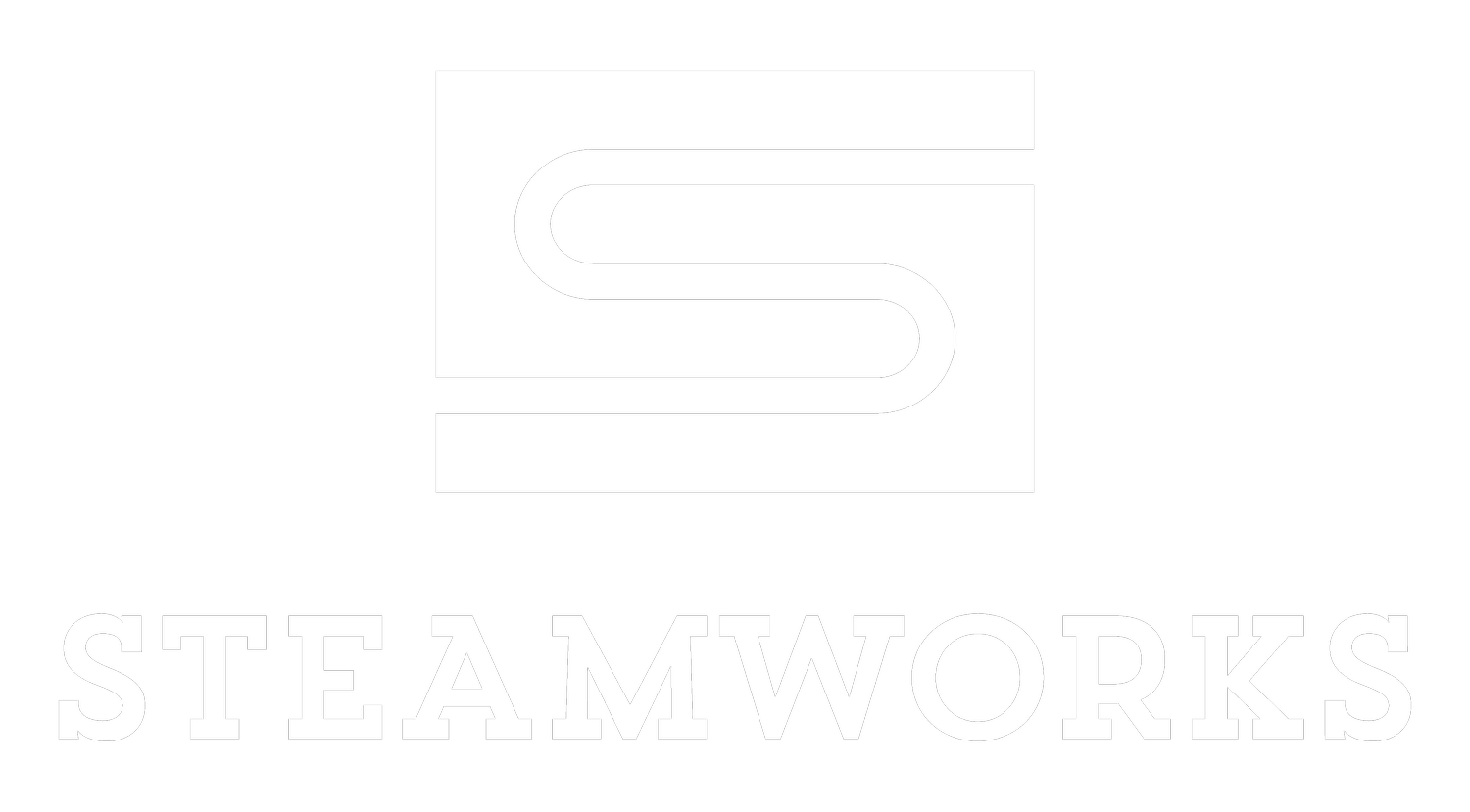Fueling the Boiler’s Heartbeat – Master Feedwater Management
The feedwater system is the heartbeat that nurtures the boiler’s lifeblood. It supplies the boiler with water at the proper quality, temperature, and pressure to sustain safe and reliable steam production.
While boilers often get all the attention, the feedwater system quietly determines how efficiently the boiler runs, how long it lasts, and how much downtime a plant avoids. When feedwater is managed correctly, steam systems operate smoothly. When neglected, corrosion, scale, carryover, and mechanical failures follow quickly.
The Purpose of the Feedwater System
The feedwater system has three essential goals:
Deliver high-quality water to the boiler
Maintain the correct pressure and flow under all load conditions
Remove dissolved gases that damage metal
To accomplish this, the system typically includes the deaerator (DA) or feedwater tank, pumps, control valves, heaters, and instrumentation that all work together to protect the boiler from internal damage.
The Components We Can’t Afford to Ignore
Deaerator or Feedwater Tank
The DA heats water to drive off oxygen and carbon dioxide—two gases responsible for pitting, grooving, and tube failure. Proper DA operation is one of the most important factors in boiler longevity. Feedwater tanks perform a similar role but rely more heavily on chemical treatment to offset their lower temperatures.Feedwater Pumps
Pumps must provide adequate pressure to overcome boiler pressure plus piping losses. They typically alternate between a primary and standby pump for reliability. Pump performance is closely tied to NPSH, cavitation prevention, and consistent maintenance.Control Valves and Level Controls
Automatic feedwater valves maintain the boiler’s water level during changing load conditions. Modern systems often integrate drum-level transmitters and three-element control to prevent over- or under-firing the boiler.Steam or Electric Heaters
Even after deaeration, water must reach the correct temperature before entering the boiler. Heaters improve efficiency, reduce thermal shock, and help maintain stable drum levels.Instrumentation and Monitoring
Pressure gauges, temperature sensors, oxygen analyzers, conductivity meters, and chemical-injection points give operators real-time insight into water quality and system health.
Quality In, Reliability Out: The Power of Proper Feedwater
Poor feedwater leads to a chain reaction of problems:
Scale reduces heat transfer, requiring more fuel to make the same steam
Corrosion weakens tubes, drums, and piping
Foaming and carryover reduce steam quality and damage downstream equipment
Thermal stress causes cracking in tubes and drums
Most boiler failures trace back to feedwater issues, making this system critical for safety and uptime.
Feedwater Pitfalls: Problems That Erode Efficiency and Safety
Common issues include:
DA pressure dropping below design specification
Oxygen ingress during shutdowns or pump changeovers
Improper chemical treatment or inconsistent dosing
Pump cavitation creating vibration and mechanical wear
Sensor drift causing inaccurate drum-level control
Undersized or malfunctioning control valves
Routine testing, calibration, and inspection are essential to preventing these failures.
The Big Picture
The feedwater system is the boiler’s first line of defense. When feedwater is clean, properly heated, and free of oxygen, the entire steam system benefits—fuel costs drop, equipment lasts longer, emissions fall, and operators gain a safer, more predictable environment. Investing in strong feedwater practices pays dividends in reliability, efficiency, and long-term sustainability.
This and much more is covered in a Steamworks license exam preparation and training course. Arm your team with the tools they need to ensure safe, efficient, and reliable valves.
STEAMWORKS offers standard and custom training. Contact us today!

